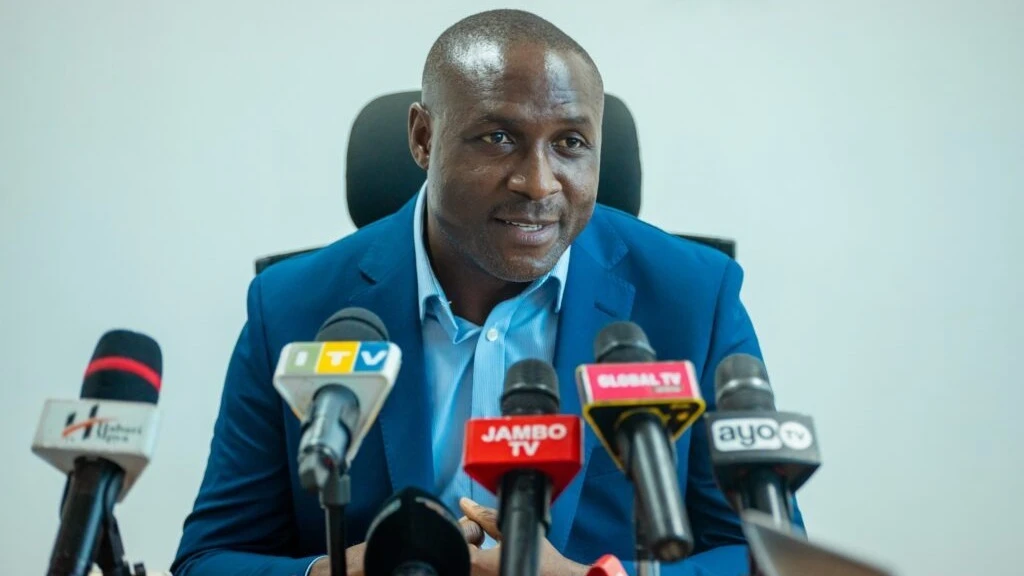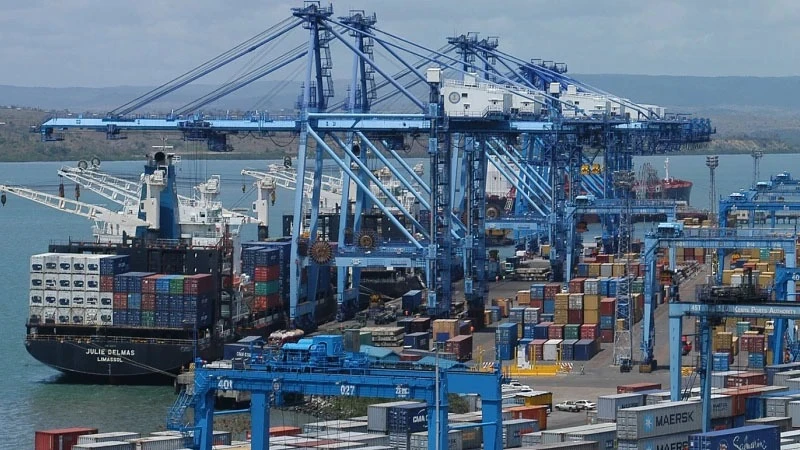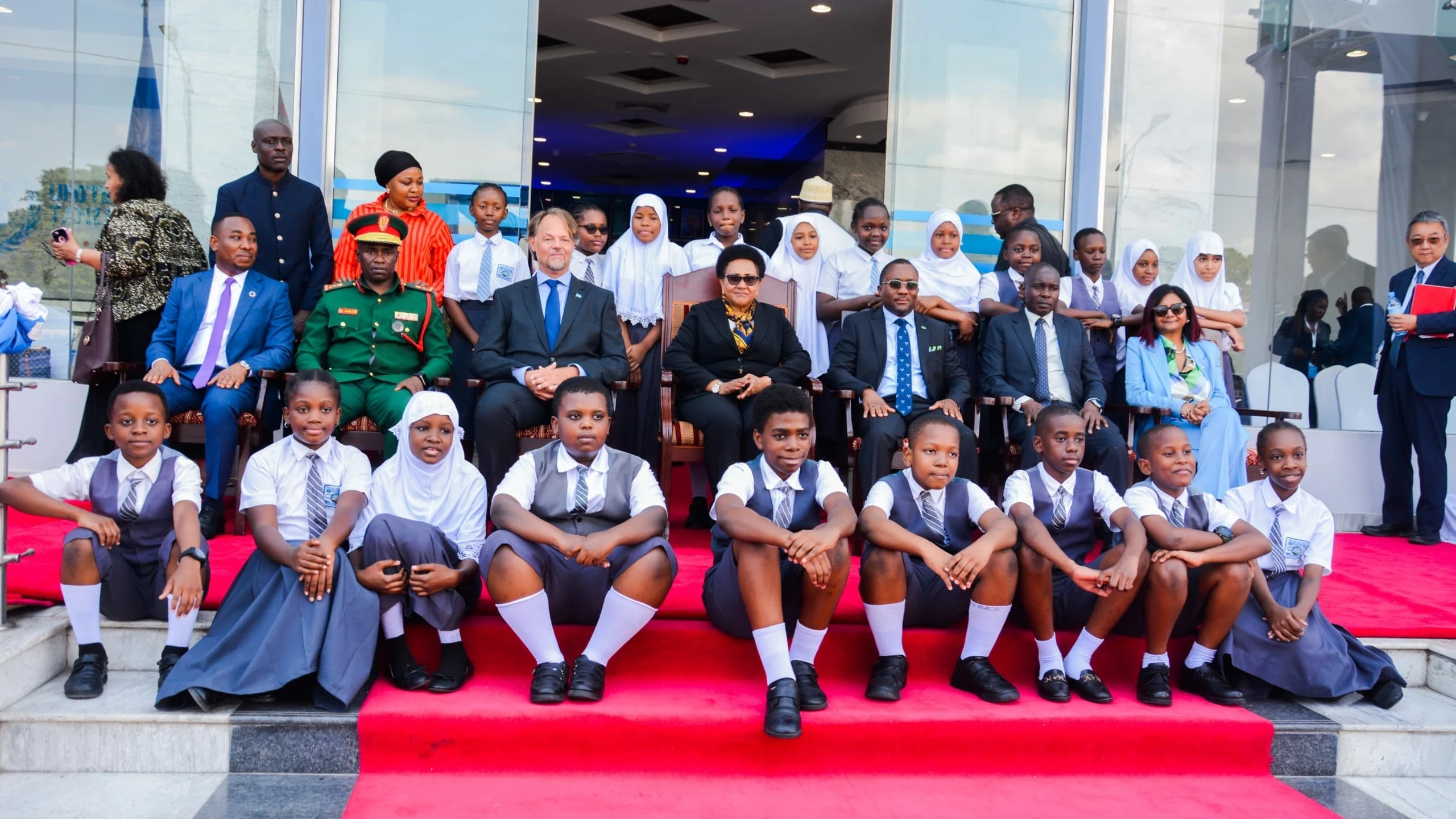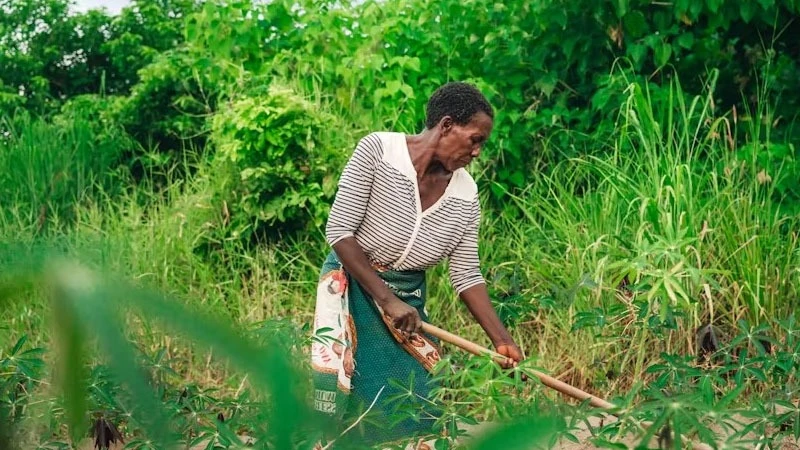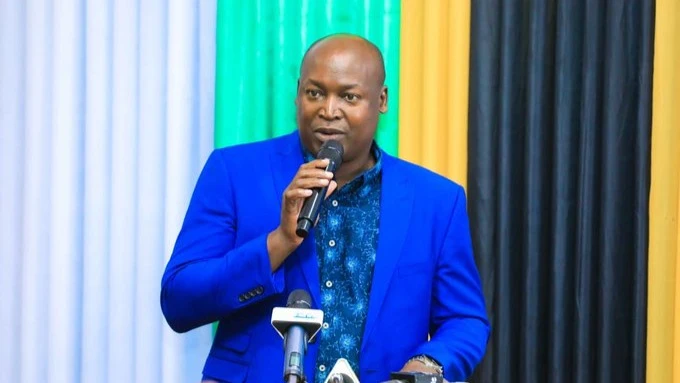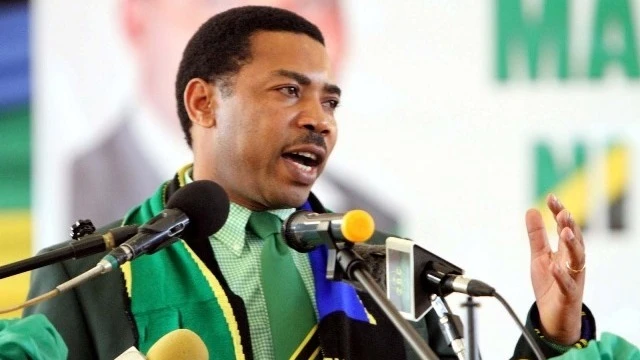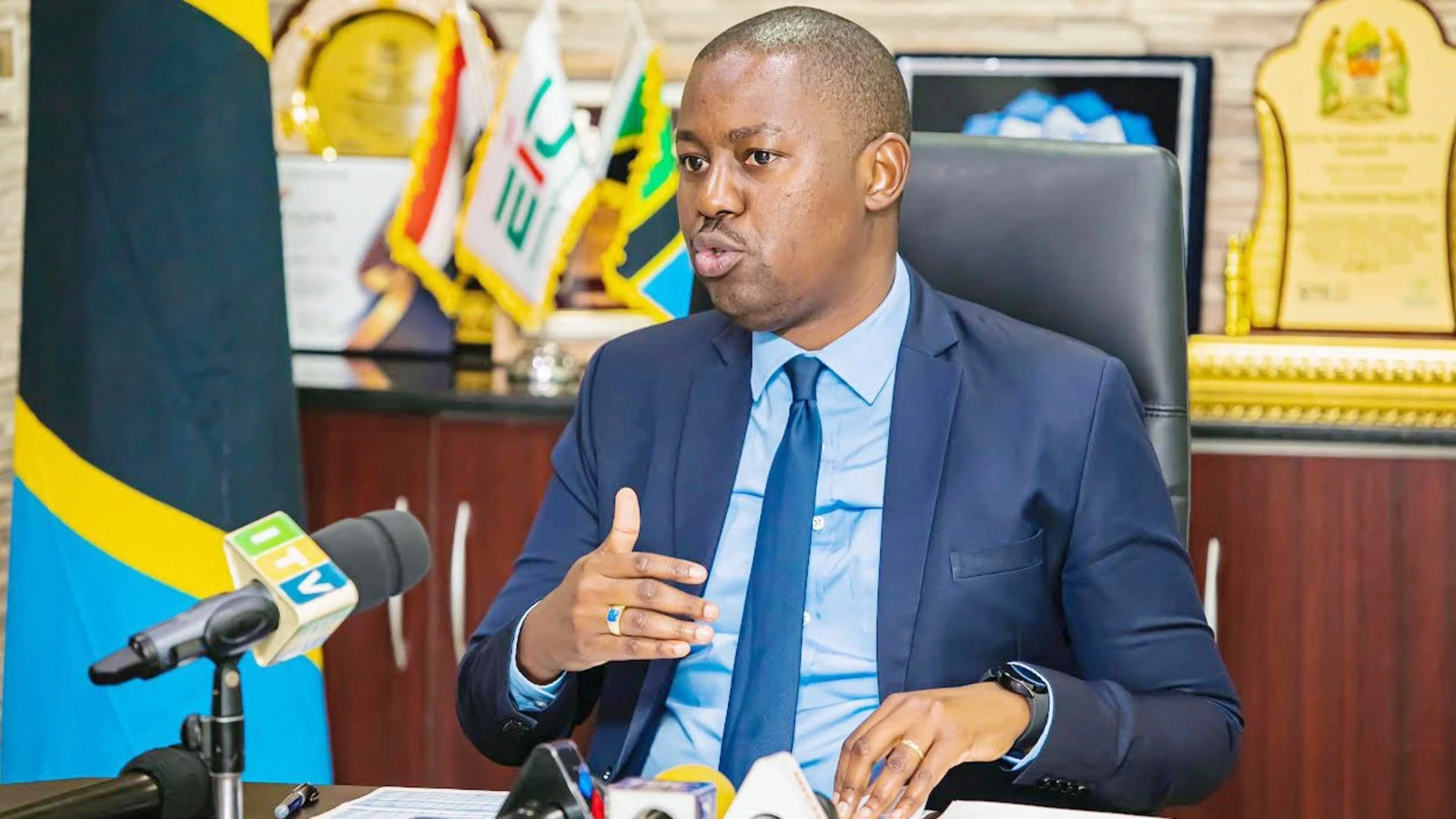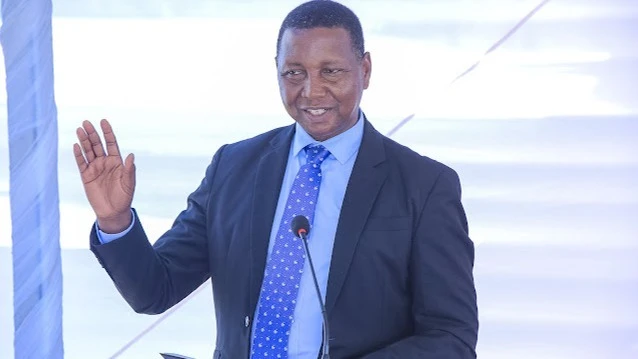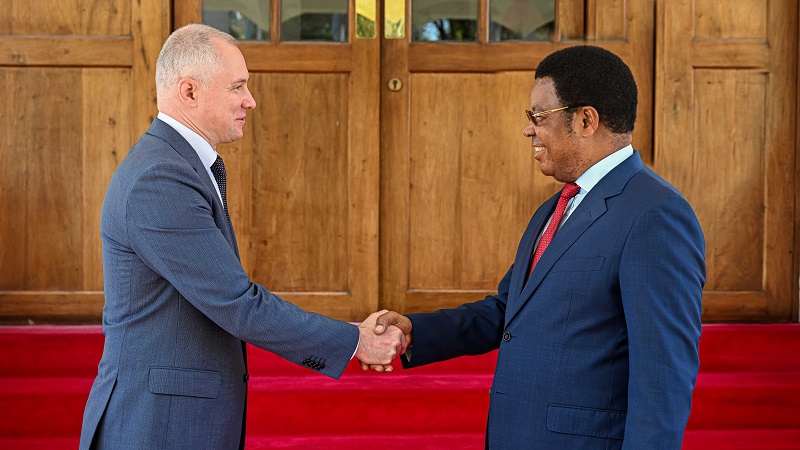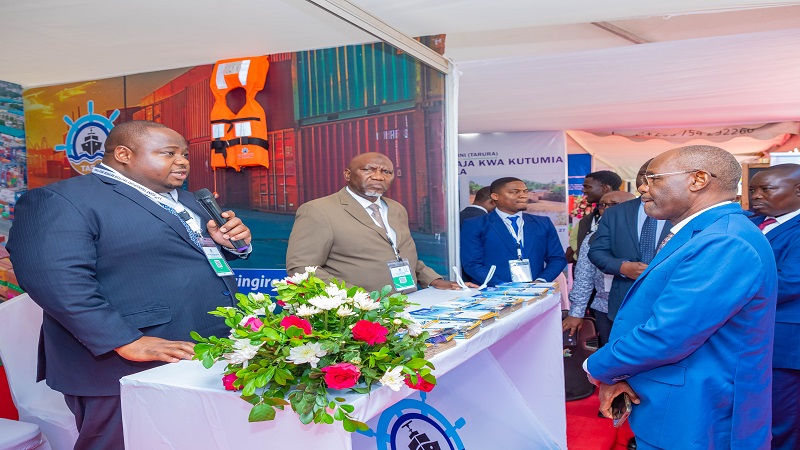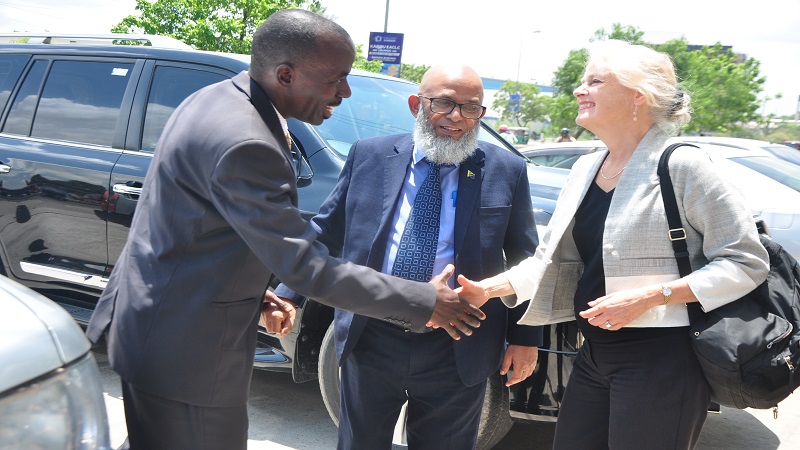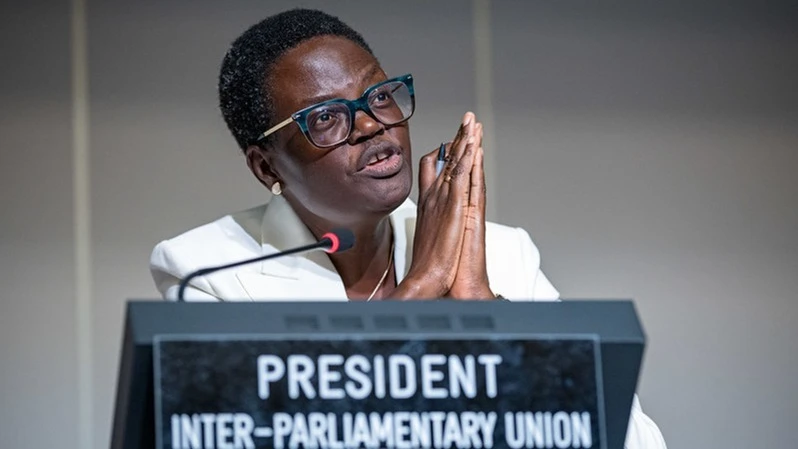Change of mindset is required for youth to benefit from land ownership
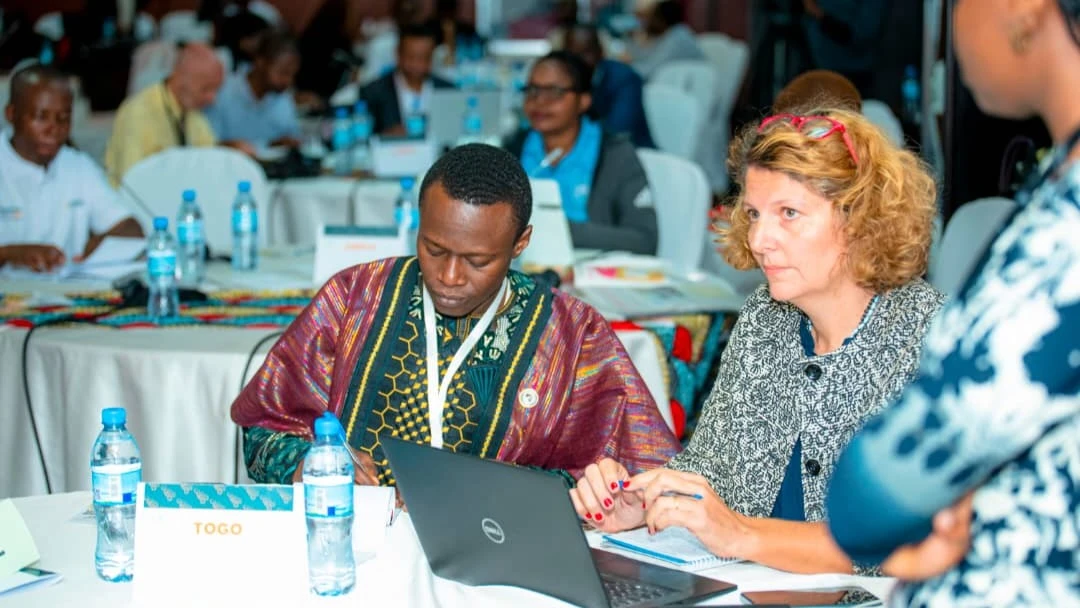
IN many African countries the youth are yet to realize the value of land and this requires scaling up of education and awareness campaigns in order to change their mindset so that they may see the importance and value of land.
Only then will they be able to demand their right to own land and work to protect such right. In due course they will also strive to make their land a major source of livelihoods now and in future.
During the third day of the Fourth International Youth and Land Governance Conference (CIGOFA 4) taking place in Arusha City, some delegates highlighted the fact that while various stakeholders were working to promote land rights and secure tenure of land, the youth must be ready to show interest in owning land and value it as the basis for their future wellbeing.
“We talk about youth empowerment in agriculture as a means to attaining food security and there are arguments that land rights for youth could lead to and promote sustainable food systems but these arguments may only hold water if the youth themselves are serious about owning land and using it to change their lives for the better,” explained Ashley Rukudzo Kavumbura from Zimbabwe when he made an online presentation on Harnessing Youth Potential in Agriculture: Securing land rights to bolster food security.
He said that you that economic empowerment for the youth could be meaningful and go a long way towards poverty reduction among families and coupled with appropriate education in land governance, food shortages would be reduced. But the youth must be willing change.
Some delegates observed that they youth have lost interest in pursuing land rights and ownership due to persistent conflicts as a result of which they become frustrated and lose hope of building their future on land. “Those who own land lack security of tenure as their land could be taken away any time. They feel that those in power sell land indiscriminately and make conditions for the youth to own land difficult. Besides, there are no concrete strategies to help them own and develop land. This creates a hopeless situation,” explained Koume Francis, a participant from Ivory Coast.
She argued that when it comes to allocation of land, governments do not take the youth into consideration and at the end of the day, many of them become landless. They are left without a future.
“So if we really want the youth to build a better future, governments must recognize the right of the youth to own land and empower them to develop and use it to better their lives,” she said.
During discussions, some delegates pointed out that in some countries youth who owned land sold it at give-away prices and spent the money on luxury. Eventually they became poorer than when they owned land and their future was doomed. For this reason they argued that it was important to identify who among the youth seriously need land. Some of them would prefer to build their future on other resources.
However, Da Passano Guglielma, a Land Tenure specialist from Italy, said that when the youth own land it is not right to tell them what to do with it. They may sell it or rent it or do with it whatever they deem fit; it is their property. “The important thing is that the youth need to get adequate and correct information on land rights, information on land laws, information on security of tenure and maybe how to get funding in order to develop their land so that ownership becomes meaningful,” she said, adding that generally the youth are aware of the importance of land but there are a few who fail to manage their property due to ignorance. “They need education and more information to realize that land is a source of livelihoods for their families and by selling it they bring suffering to their children and the whole family,” she said.
Guglielma has worked with UN Agencies for over 20 years during which she engaged with many African Governments on issues of land reforms. She explained that land administration should be inclusive, responding to what the people want. Currently the youth want to be involved in all processes of decision making in matters related to land ownership. “Some youth have long term strategy and vision but they face barriers. Others are lucky to own land and they should be free to do whatever they want with it, but they need education and information to make the right decisions so that they don’t sink into poverty and put their families in trouble,” she explained.
Top Headlines
© 2024 IPPMEDIA.COM. ALL RIGHTS RESERVED











